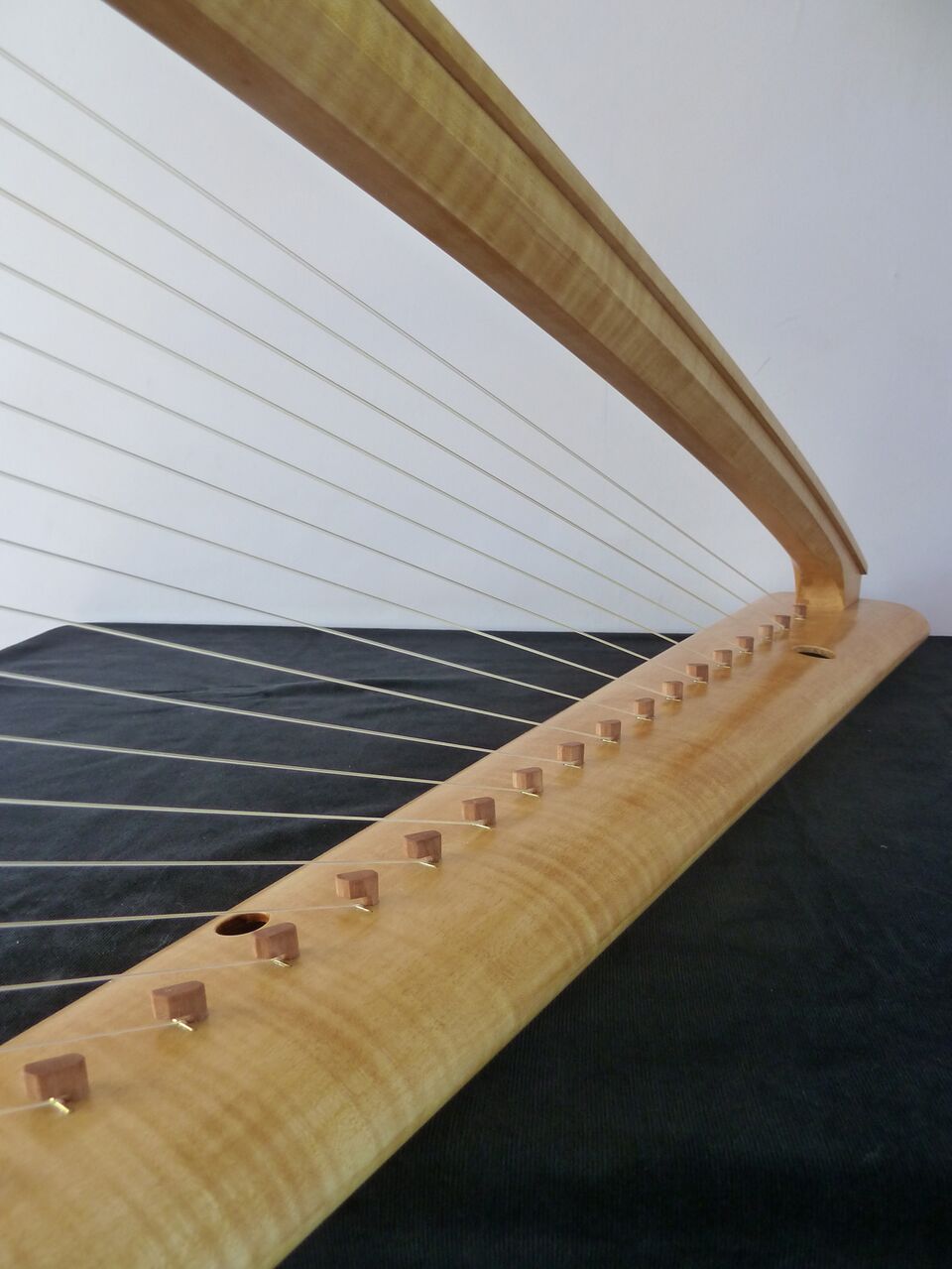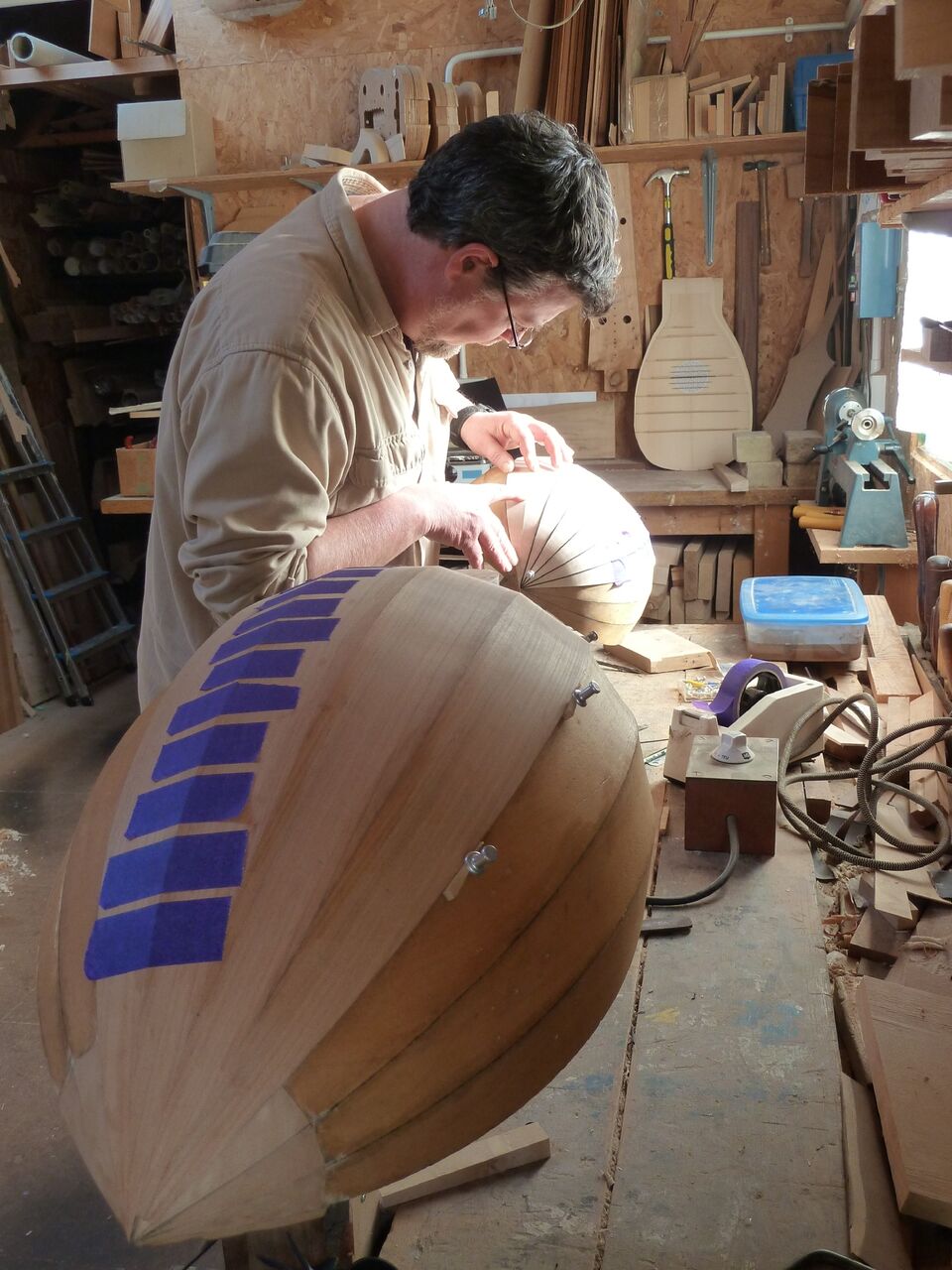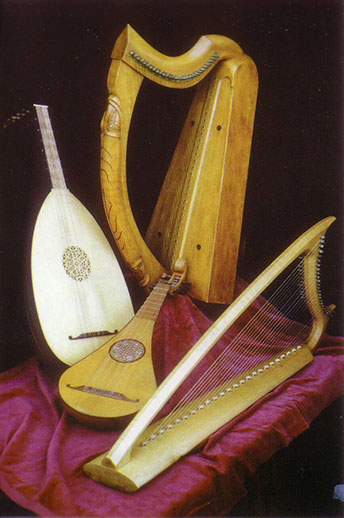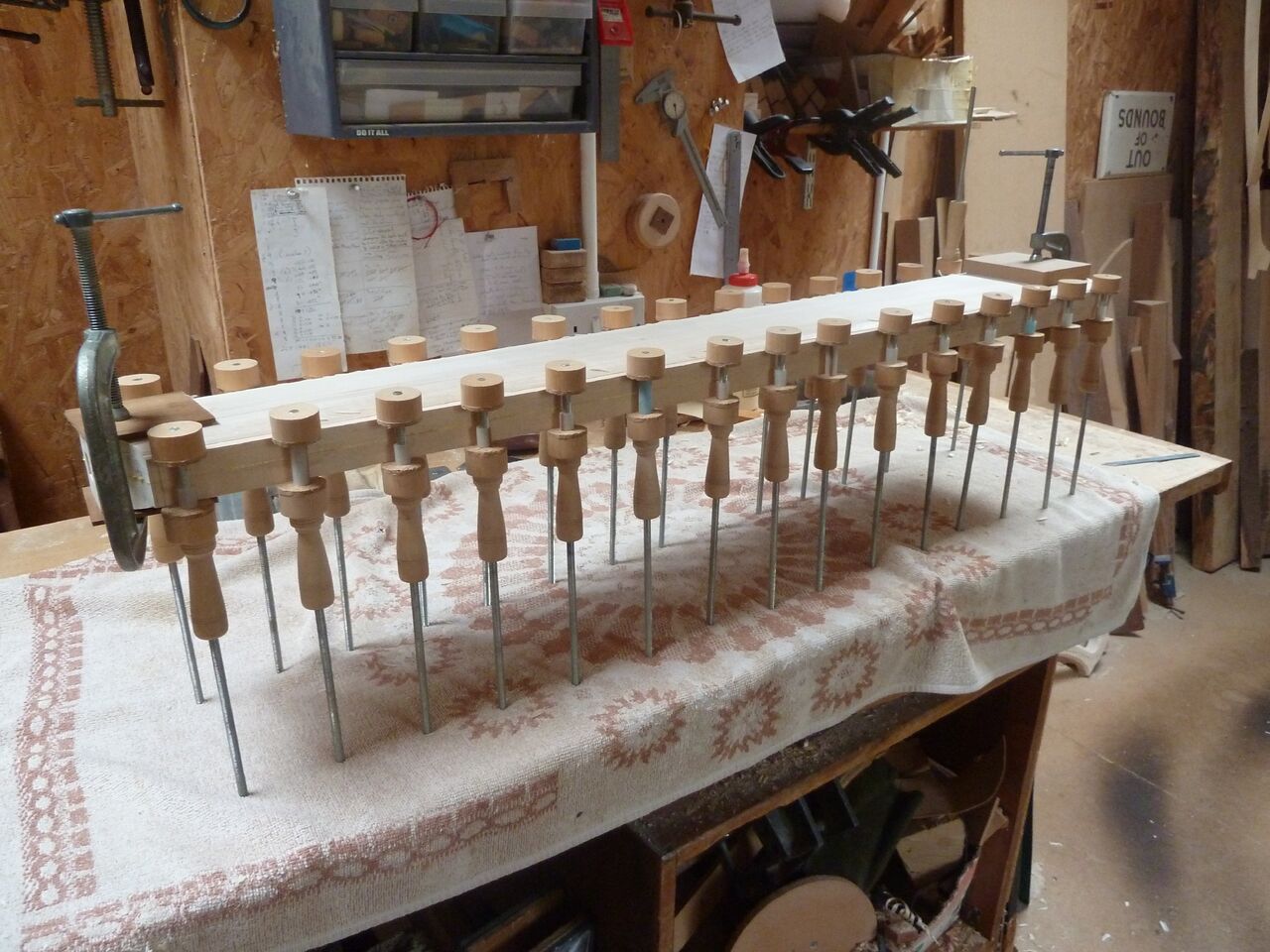
Wood
As an organic material wood is a fascinating yet sometimes frustrating medium with which to work. Every piece is different and so great care is taken in selecting materials. The best instruments require the best timber. I usually have at least five or six woods available for lute backs ~ for example: Walnut, cherry, pear, plum, maple, ash, yew and laburnum. Please note timber in stock may vary. Of course if there is a particular wood you would like for your commission which I don't have, I will do my best to obtain it for you, this is charged accordingly. Soundboards are of well-seasoned, first quality spruce. Cedar is also occasionally used. The majority of my harp frames are made from sycamore or ash but poplar, willow and lime are also used for sound boxes; sometimes other woods may also be available. I generally prefer to use native and European woods where possible.
Every effort is made to ensure the stability of my timber stock. Some of the stock I have, has been sawn by myself straight from the tree. It is then left to season for some time before re-sawing or split to smaller dimensions and leaving to season once again ~ and so on until it is ready for use. The workshop is kept at a constant humidity level creating the perfect environment in which to keep wood and build instruments. This is the only way to eliminate or minimise movement in service of materials as different woods are hygroscopic to different degrees and season at different rates.

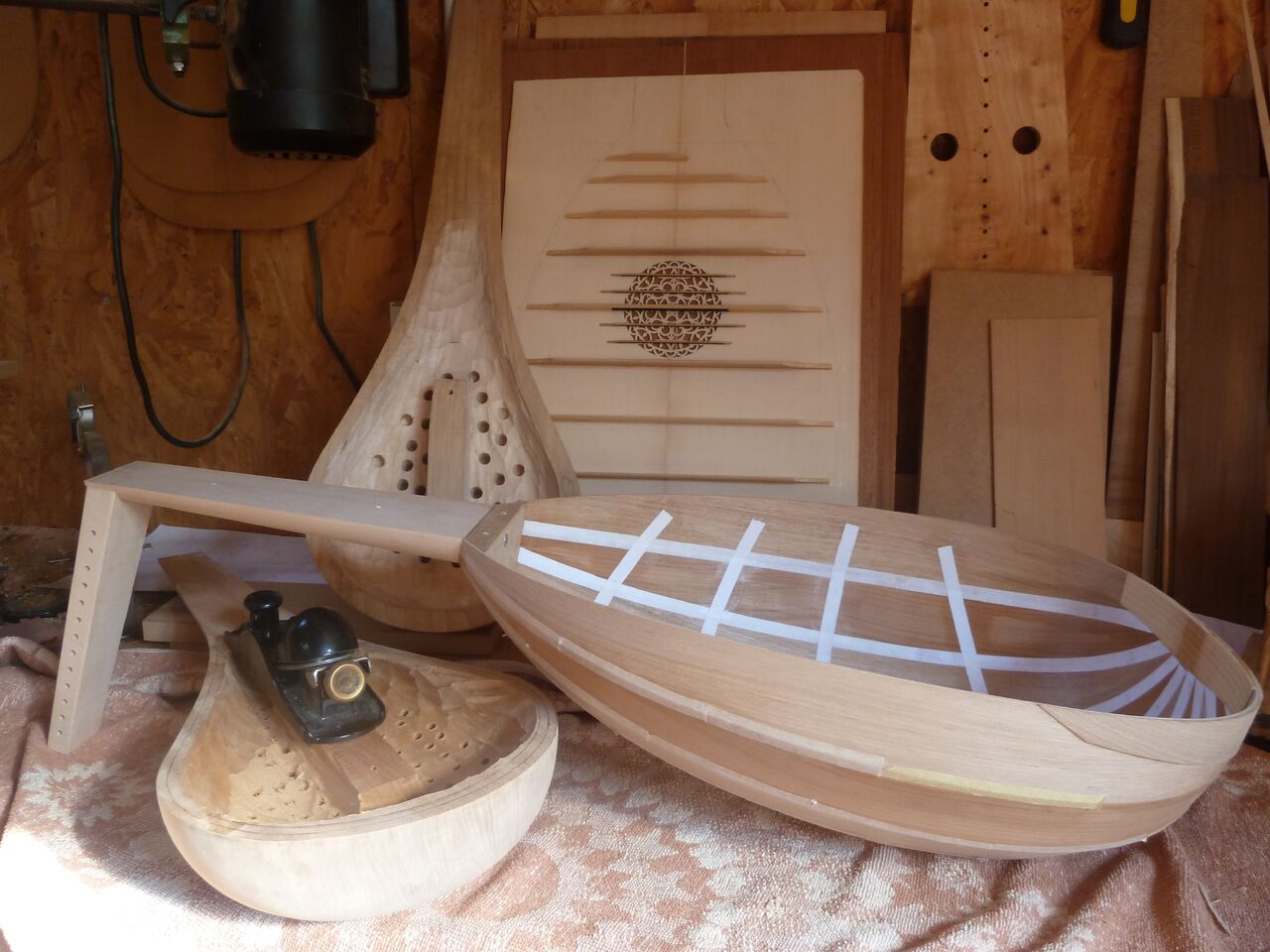
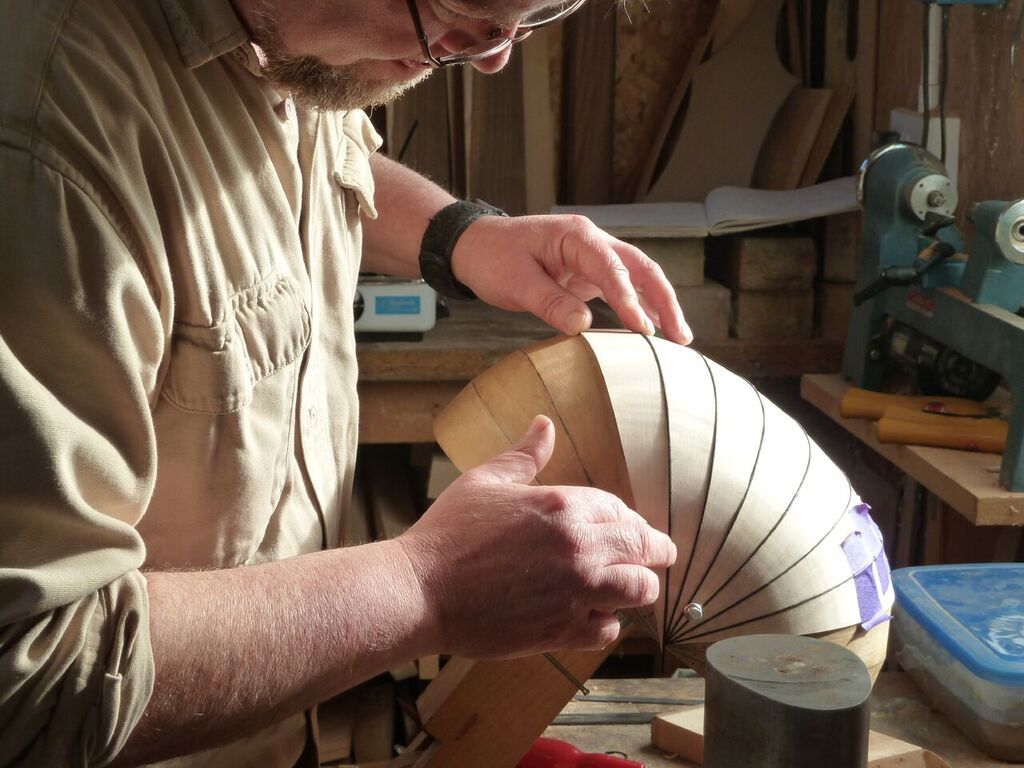
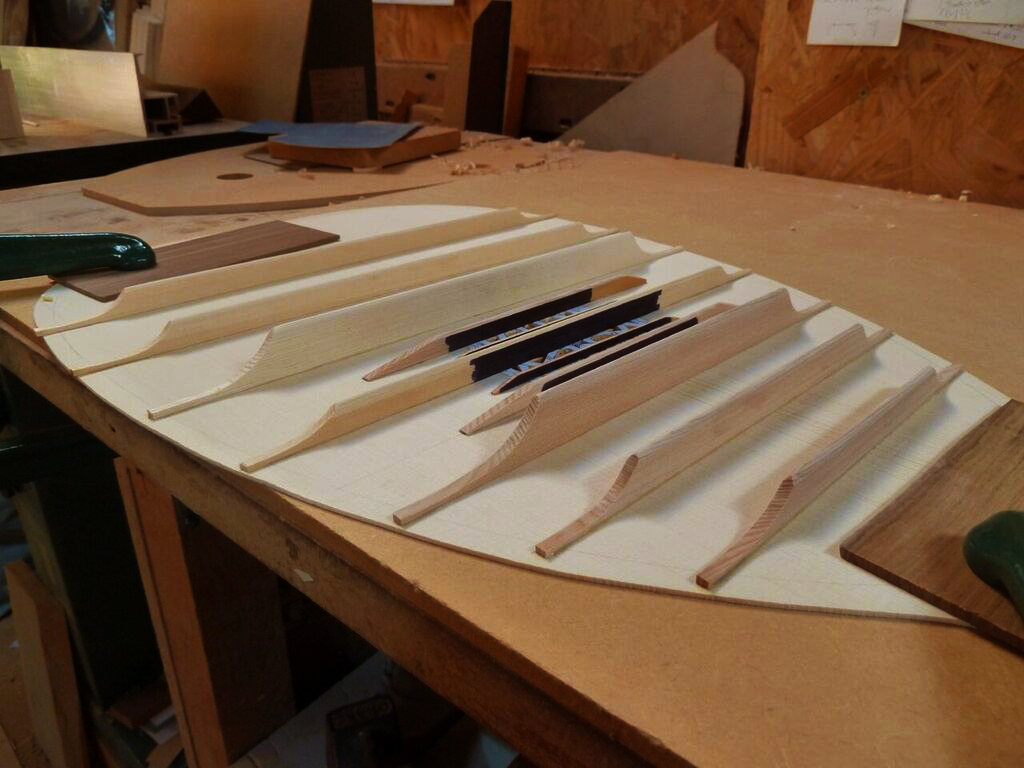
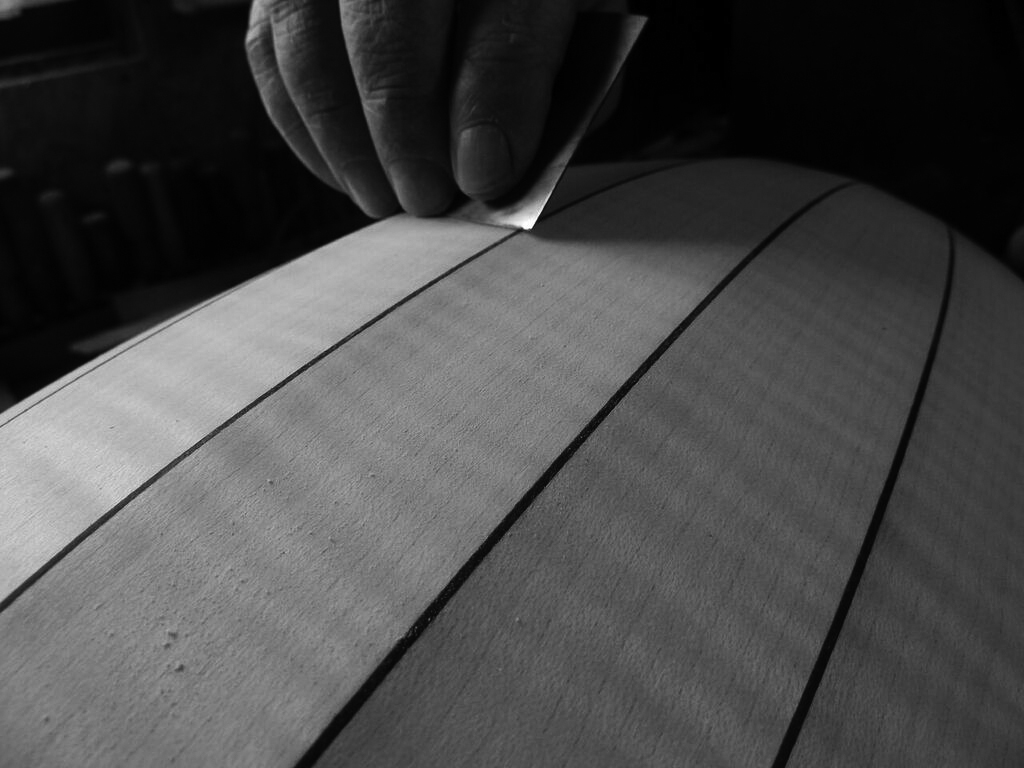
Terms of business & ordering
Most instruments are made to commission. The ordering process will typically involve a discussion about your requirements for the instrument in question and possible options where necessary. Current prices will be quoted and delivery time estimated. Usually people contact me by email and this is how these discussions tend to be carried out. They can sometimes be quite lengthy so please be aware that I do make an addition to the bill for this time, at my discretion.
All commissions are made to an agreed price, a 25% deposit is usually required initially to confirm the order, a further 25% when work commences and the balance is payable on completion. If I am in a position to start work on your instrument almost immediately then I will let you know, as in this situation it is possibly easier for you to make the total payment in two halves. Occasionally people pay the majority of the bill in advance if it is convenient for both of us at the time – I am quite flexible and I appreciate reciprocation if I occasionally request this. The instrument remains my property until the balance is paid in full. If a cancellation occurs after acceptance of the initial deposit I reserve the right to withhold a percentage of the total cost of the instrument – 10% for instrument value of £1000 and under, 7.5% for instrument value over £1000 – this is to cover costs already incurred. However, if you change your mind as opposed to cancelling, your deposit may certainly be transferable to another instrument but this is entirely at my discretion. If the outstanding balance has not been paid 8 weeks after I notify of completion then the instrument may be offered for general sale and prior payments forfeit. By entering into an arrangement with me i.e. sending a deposit etc., you are deemed to have agreed these terms. If you are an overseas customer there may be import tax to pay when you receive the instrument. I cannot tell you how much this might be in advance because all countries are different and it is totally out of my hands.
Instrument cases, packing/shipping charges etc. are extra and in addition to instrument prices. All prices shown on the website are subject to change. The instrument pages show basic price guides. Individual requirements are dealt with and priced on a one - one basis. Repair work is £40 ph.
Payment options
For UK customers:
Direct transfer between our bank accounts. (Preferred option)
A cheque in £ sterling sent to me by post, drawn on a UK bank and giving sort code and account number. Please make cheques payable to P J STEVENS.
Paypal (see note below)
For Overseas customers:
Direct transfer between our bank accounts is the usual and preferred method.
Paypal (see note below)
Please Note:
All transfer fees (i.e. usually relating to instrument payments) charged by the bank(s) or Paypal are payable by you, the customer.
Paypal is great for smaller payments like CDs, spare tuning key, books etc. these can usually be done commission free but there are fees on larger payments from overseas.

